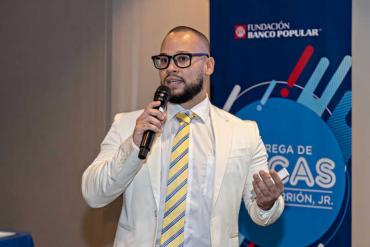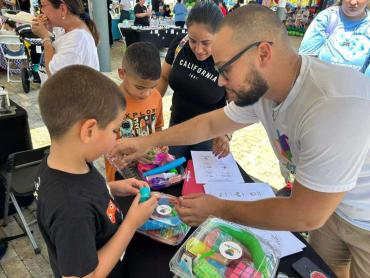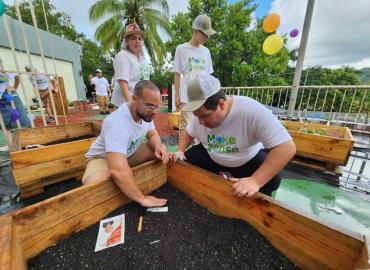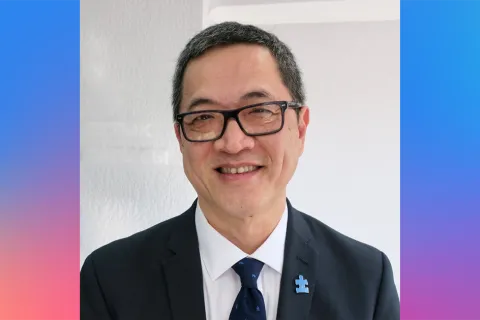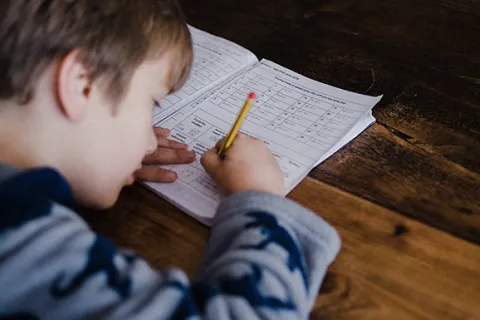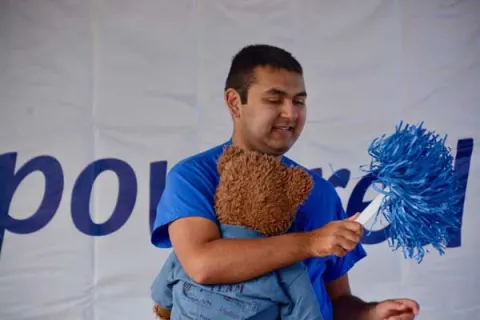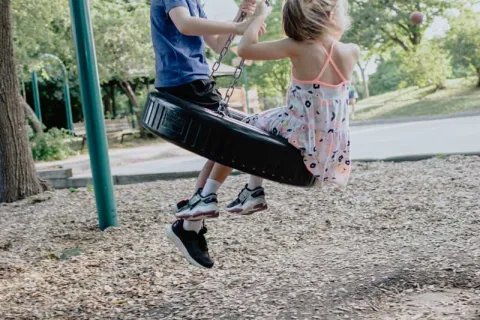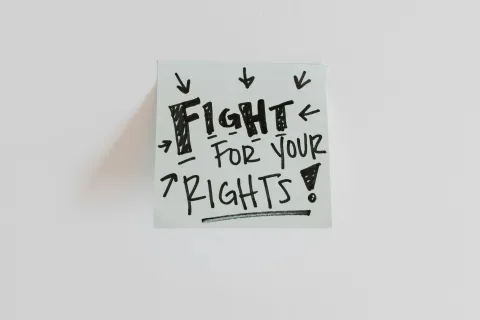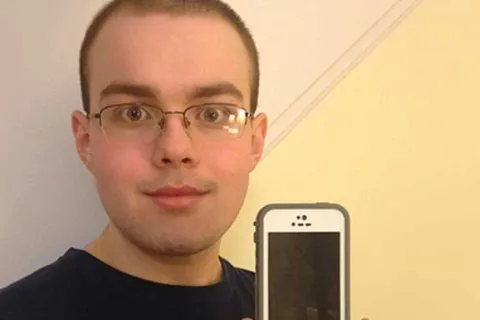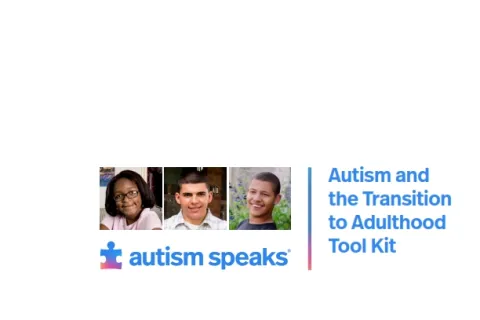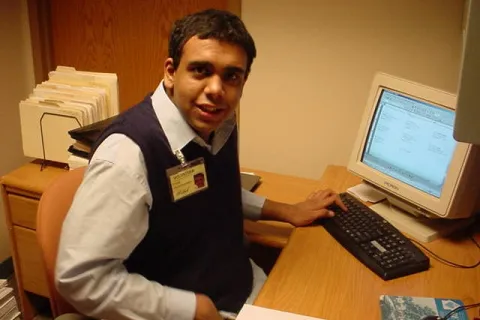Meet Bryan Rivera Medina
A passionate educator and advocate from Puerto Rico whose life mission is to empower others.
Bryan Rivera Medina
It is important to increase social awareness about the needs and abilities of people with autism, promoting their integration into all aspects of community life.
Growing up, Bryan felt a strong calling to make a difference. Whether it was with his classmates in school, friends, or even acquaintances he met throughout his life, he always had a way of finding the best in people and helping them to share those gifts with the world. This led him to earn a bachelor’s degree in Natural Sciences focusing on Human Biology. However, it was his hands-on experience with children with autism that truly ignited his passion for special education. Witnessing how minor adjustments and personalized strategies could unlock potential and foster independence inspired Bryan to dive deeper into understanding autism and champion inclusivity.
Bryan’s dedication hasn’t gone unnoticed. He was named a United Nations Educator Ambassador for his global efforts to break down social barriers that define “disability.” His approach focuses on participatory inclusion, emphasizing the unique contributions individuals with autism bring to personal, economic, and social progress.
His innovative use of artificial intelligence to enhance emotional education for children and youth with autism earned him the prestigious “Driving Impact and Making a Difference” award. Bryan’s accolades don’t stop there—he’s also a recipient of the Norwegian Giving Joy Award (USA), the Medal for Pedagogical Excellence from Puerto Rico’s Senate, and the National Public Service “Manuel A. Pérez Award” for his groundbreaking work as a First Responder Academic.
Recently, Bryan’s impact reached a global stage as a nominee for UNESCO’s “Global Teacher Prize” in Paris, France. This recognition follows his selection as Teacher of the Year by Puerto Rico’s Department of Education and the Youth Commitment Award from the Department of Economic Development and Commerce.
We had the privilege of sitting down with Bryan to explore his journey, his work in the community, and his transformative approach to supporting autistic students. Here’s what he had to share.
What has your experience been like working with the autistic population?
My experience has been incredibly enriching. Young people with autism have taught me to see the world from different perspectives based on progress and a transition to full citizenship.
During the early years of education, students with special needs require an environment of safety and trust. As an educator, I must assume the role of a parent, offering guidance, protection, and a sense of belonging. The focus is on emotional support, building essential habits, and introducing them to learning.
By middle school, students seek more independence but still need guidance. At this stage, I adopt the role of a friend, a close model who offers them companionship, active listening, and advice in a space of trust. This stage marks the discovery of identity and social relationships.
Finally, in high school, students are approaching adulthood and need to learn to function autonomously and responsibly. As a teacher, I become a boss/leader who prepares them for the realities of the working world and independent living. This role involves setting clear expectations, teaching students to manage time, fulfill responsibilities, and develop a sense of personal accomplishment.
What have been some of the challenges you have faced in your profession?
One of the biggest challenges I have faced in my profession working with students with autism has been constantly adapting my teaching methods to address the diversity of their learning styles, communication levels, and sensory needs. Each student is unique, which means developing individualized strategies that encourage autonomy and active participation. This can be challenging in a school setting with limited resources.
How important has technology been in your projects with your students?
Technology has been a crucial component. Through visual aids, educational apps, and tools such as robots, simulators, and proximity technology, I have made learning more accessible and engaging for my students. Thanks to its predictable, structured, and anticipatory nature, technology facilitates the teaching of academic content and promotes independence and self-management.
How do you see the continuing evolution of technology and artificial intelligence and its impact on special education?
The evolution of artificial intelligence and technology promises to transform special education in unprecedented ways. Personalized tools, such as virtual assistants and adaptive learning systems, allow for teaching that is more focused on the individual student's needs. As AI advances, I foresee more opportunities to create inclusive and accessible learning environments, which will immensely benefit our students with autism.
What else is needed to support students with autism?
It is necessary to continue investing in specialized training for educators and creating inclusive policies that facilitate access to advanced educational resources. It is also vital to increase social awareness of the needs and abilities of people with autism, promoting their integration into all aspects of community life.
What does it mean to you to be an ally of the community?
In principle, I am guided by a quote from my grandfather: “When you witness a challenge, it will become a challenge until it is solved.” Being an ally to the autism community means being committed to solving their challenges, advocating for their rights, providing meaningful support, and helping to create opportunities that promote accessibility, inclusion, and the best possible independent living. For me, this involves teaching our classrooms towards full citizenship and advocating for social changes and public policies that offer them a future with a better social model of neurodiversity. I am very grateful to Autism Speaks for the opportunity they have given me to tell my story, and I look forward to potentially collaborating with the organization in these initiatives.
What advice would you give anyone wanting to be an ally for the community?
My main advice is to educate yourself, be an active listener, and always think outside the box about inclusion. Being an ally means being willing to learn from the community and be present to support their needs without imposing our preconceived ideas. Understanding and respecting differences is crucial to creating a genuinely inclusive environment.
Learn more about Bryan’s work here.

